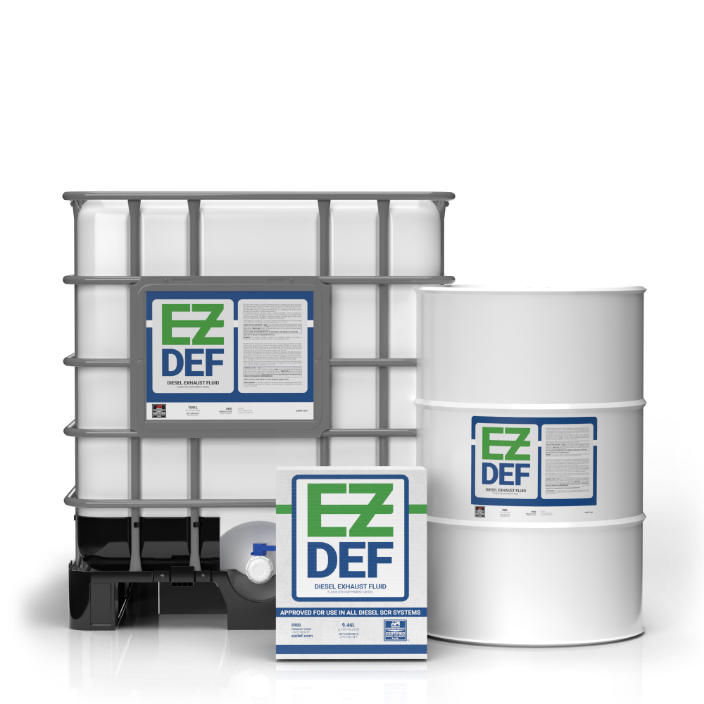Contact Us
Looking for bulk Diesel Exhaust Fluid? Reach out to us for more information on our products and services.
Let’s get to know each other.
Our Office Location
Areas We Service
- Alberta
- Saskatchewan
- Manitoba
- Edmonton
- Lethbridge
- Regina
- Winnipeg
- Leduc
DEF Canada FAQ
DEF (or diesel exhaust fluid) is a non-toxic substance made of urea and deionized water. When placed in the exhaust stream, this liquid material turns harmful nitrous oxide emissions into water and nitrogen.
This chemical response serves to reduce the emissions of dangerous gases into our environment, allowing companies to operate heavy-duty machinery and trucks without furthering the spread of harmful emissions.
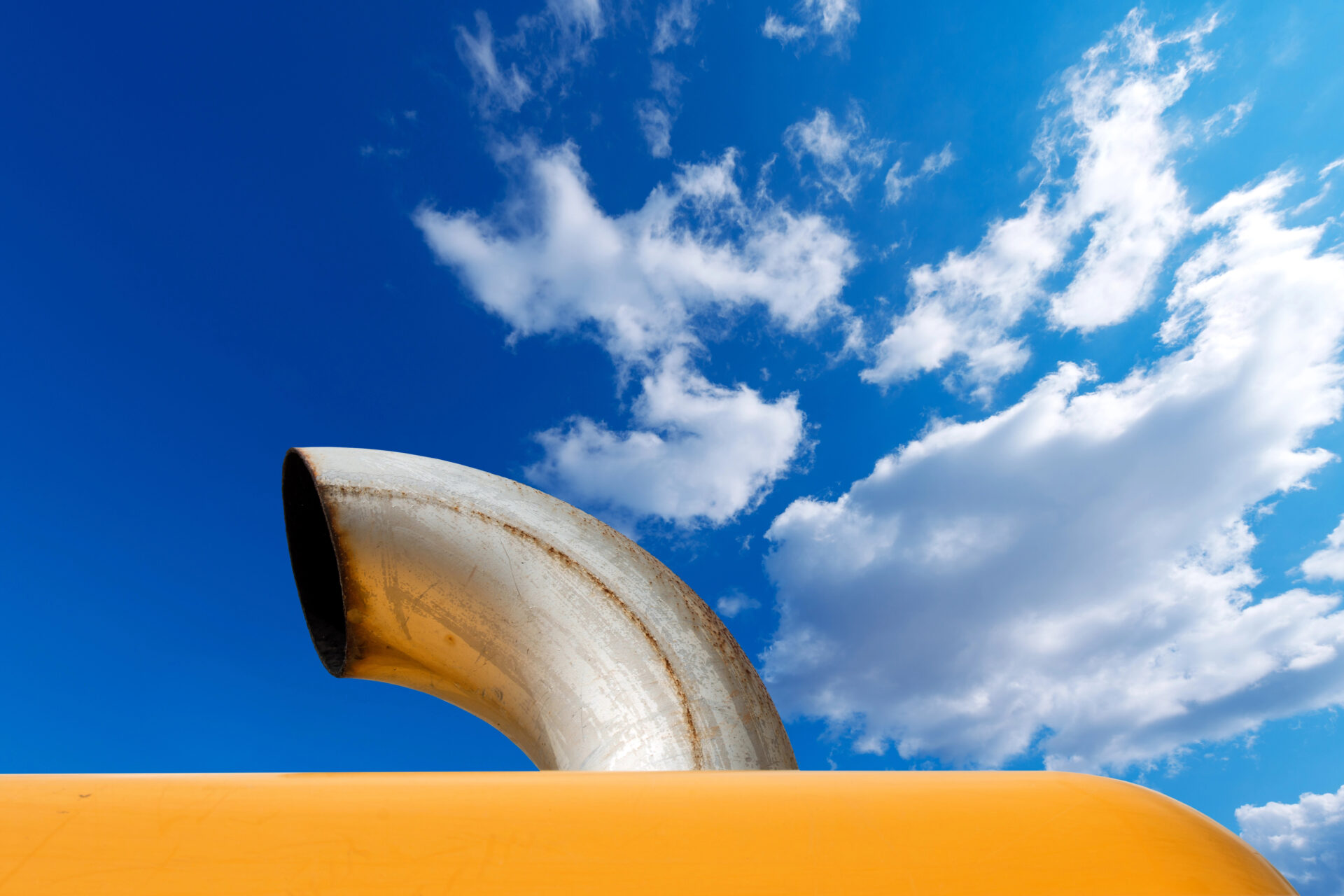


The DEF system or tank sits right next to the diesel tank in a vehicle. The DEF tank usually has a blue cap while the diesel has a green cap.
When filling your vehicle, do not start the engine until you double-check that the separate tanks were filled properly. If you accidentally pour DEF into the diesel tank or vice versa, keep the vehicle in its original position and drain the tank of the fluid.
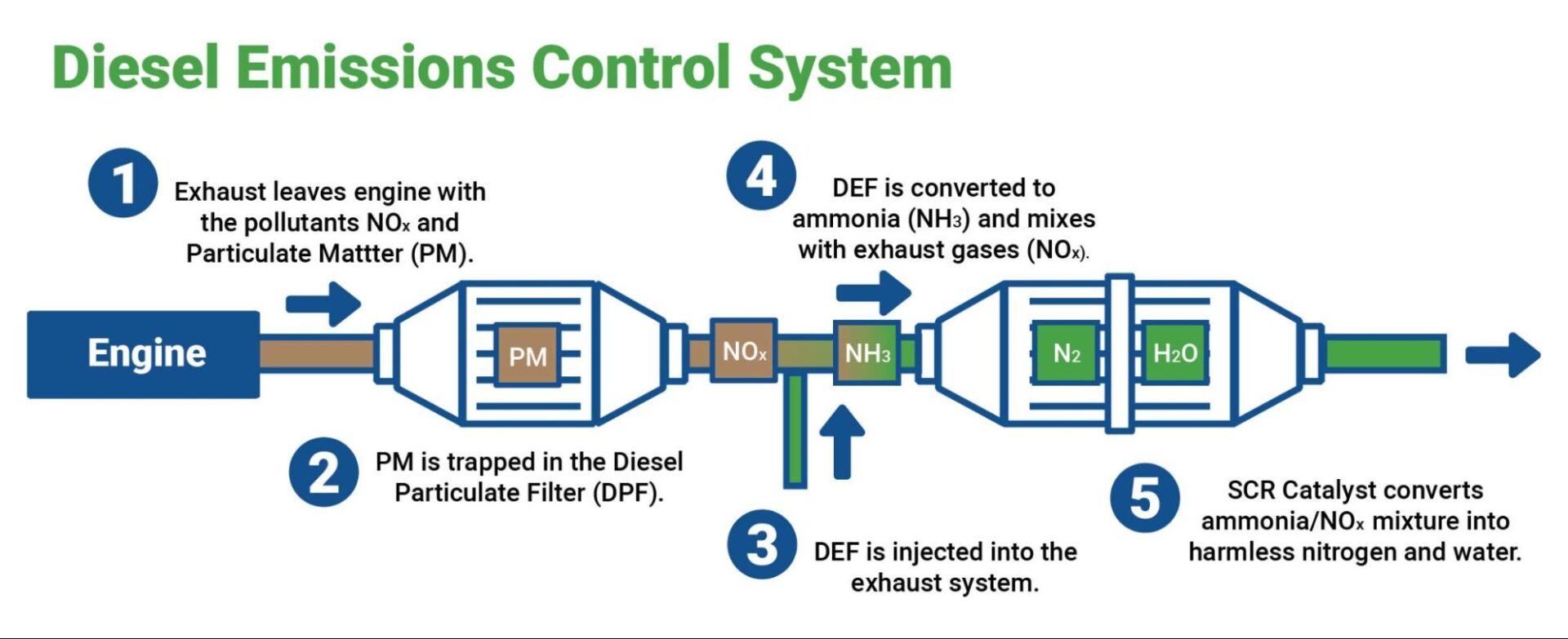
While DEF is non-toxic, it's easy for this substance to become contaminated before use. You can prevent contamination by storing your DEF in a climate controlled environment, ideally between 11 and 30 degrees C. Temperatures should never go above 30 degrees Celsius (86 Fahrenheit), as the heat will cause it to break down.
DEF can be frozen and is safe to use after being thawed out, but note that it will expand when frozen due to the high water content.
Further, only store your DEF supply in plastic, stainless steel, or rubber, containers, as other storage materials may cause a negative chemical reaction.
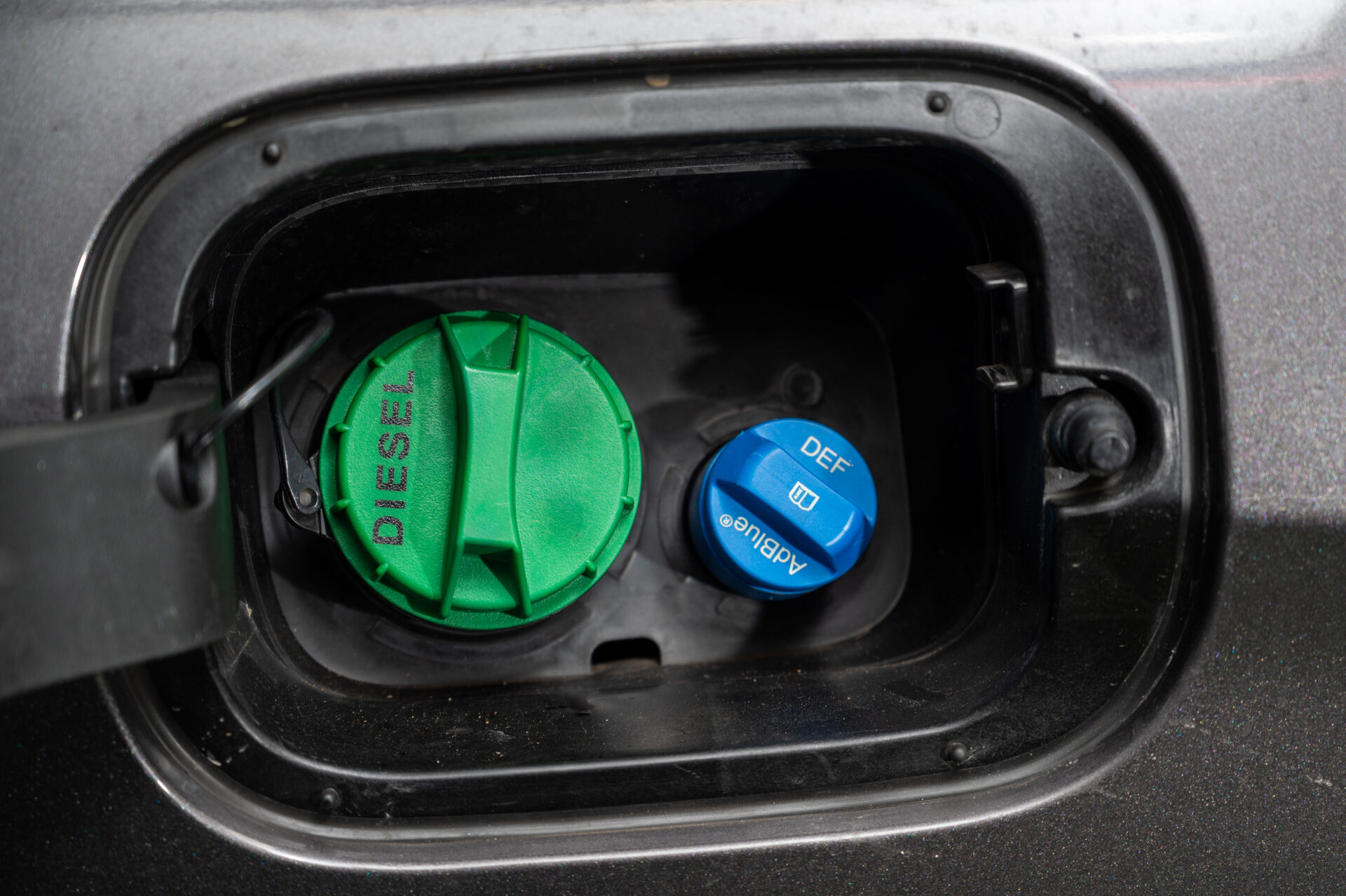
Sources of DEF contamination involve leaving your containers open for a short or long period of time, which can invite dirt and other particles.
You can also spot a contaminated supply of DEF based on its colour. When DEF is pure, it is generally clear. However, if it's contaminated by copper or brass, it will take on a light blue colour. If it comes into contact with steel or galvanized steel, it gains a rusty red-orange colour.
If your DEF supply has changed colour, it cannot be used in your vehicle's exhaust system and should be disposed of.
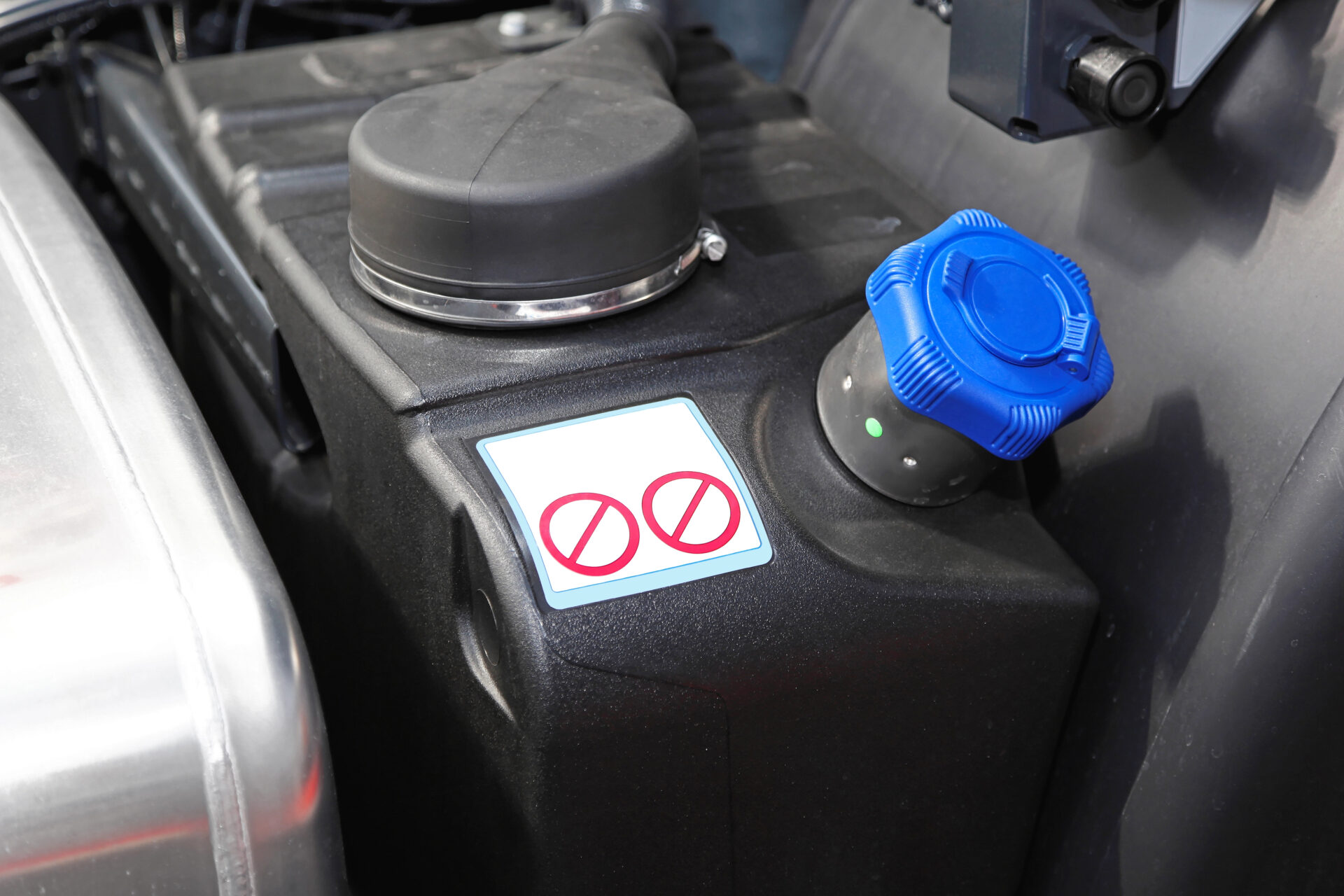
Diesel exhaust fluid, like any other consumable, needs to be replenished regularly. If you run out, your vehicle or equipment will go into limp mode. However, once you re-fill, your vehicle should resume its normal levels of operation.
While engine tuning can increase engine power, this also means that your NOx emissions will increase, negatively impacting your fuel consumption and the environment. To offset this effect, DEF helps convert harmful NOx into water, nitrogen, and carbon dioxide, assisting OEMs with compliant engine tuning.
The amount of DEF required for your vehicle also depends on how much fuel is in your gas tank. Typically, your DEF usage rate is between 2-5% of your diesel fuel consumption. For instance, if you require 400 litres of diesel fuel, you would need around 8-20 litres of DEF.
DEF can last in an unused vehicle for up to one year outside, and up to two years in a climate controlled environment.
However, the longevity of DEF can be affected by temperature fluctuations and exposure to contaminants. Ideally, it should be stored between 11 and 30 Degrees Celsius and kept in a sealed container to maintain its efficacy. If stored at higher temperatures, the shelf life of DEF can decrease significantly.
If you are concerned your DEF is contaminated, or just have any other general questions, call our office at (587) 671 0680.
Unfortunately, there is currently no process for re-purifying diesel exhaust fluid. Therefore, if your supply is contaminated, both the DEF and the container it's stored in should be disposed of properly. If used, contaminated DEF can lead to engine and emission system damage, so it is important to ensure proper storage and handling practices. Using clean equipment and maintaining a sealed environment will help maintain the quality of your DEF and avoid any costly replacements down the road.
If diesel exhaust fluid is stored properly and temperature-controlled, it will last for approximately two years. However, if your supply is exposed to heat, it can reduce the shelf life by about one year.

